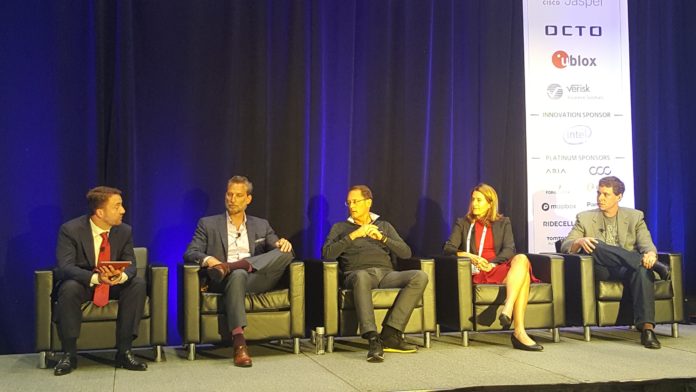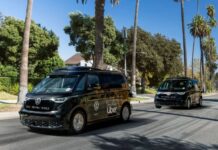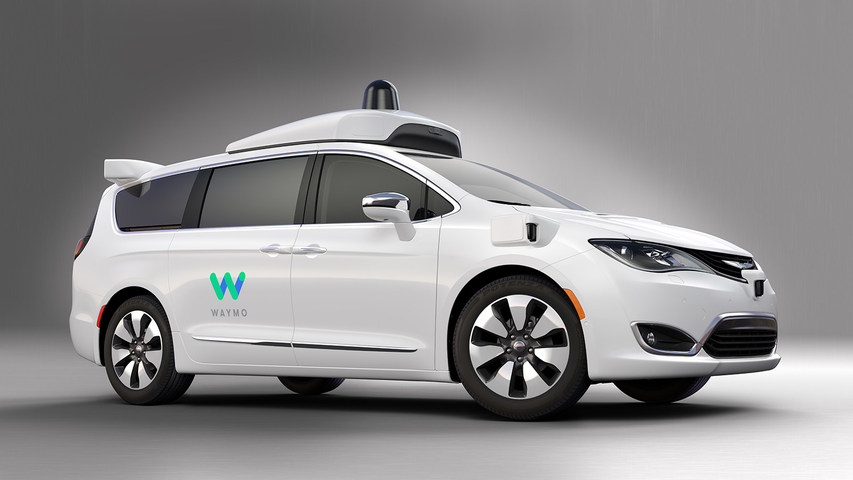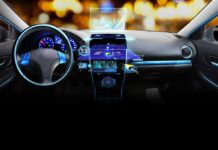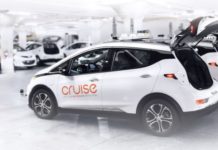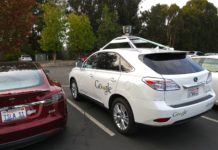While insurance companies will have a major role in autonomous vehicle development and regulation, it was puzzling to some attendees at the recent TU-Automotive Detroit meeting in Novi, Mich., where its executives stand on this potentially disruptive industry.
While some insurance executives contend that liability will go up, most seemed almost noncommittal. “We know with certainty [that liability] will climb with more technology in a vehicle as price goes up. Our focus is with the disruption with the shared economy and everything leading us down to vehicle-to-everything,” said Chad Ammons, Assurant vice president, global strategy and development.
Fully autonomous, or Society of Automotive Engineers Level 5 vehicles are one thing, but partially self-driving cars are another, one industry executive said.
“The period now until full autonomy should be safer than human driving. The problem is in the middle with partial autonomy, we are not focused on who has the data—and who can cover that?” said Mariel Devesa, Farmers Insurance head of product innovation. “We may see claims decline [with autonomous vehicles], but with phone distraction and more tech in a car, it may increase in the short term. The cost to repair the car will increase [with more technology].”
Autonomous vehicle technology will have to be scrutinized by insurance companies, Ammons said. “What if a component fails, causing a collision? This is more between us [insurance companies] to figure out,” he said. “It’s a chicken before the egg scenario.”
Most of the insurance executives say that there needs to be cooperation to share data regarding autonomous vehicles. That theme was echoed in another panel when Claes Herlitz, Ericsson Automotive vice president for global automotive services, said that connected and autonomous vehicles might be the biggest change for consumers ever.
Company Testing Human Behavior for Auto Industry
In other TU-Automotive Detroit news, SRI International is using a suite of multimodal techniques human behavior assessment for automakers and other companies, said Ajay Divakaran, technical director in the research institute’s vision and learning lab. SRI uses cameras and other techniques to form a sensing module of an interactive simulation trainer to learn social interaction between a virtual character and trainee.
During testing, subject’s facial expressions, gaze behaviors, gestures, postures, speech and paralinguistics are monitored and transmitted in real-time. “We contract research for the government and businesses. We hope to develop the technology, from inception to hand-off of the product, that’s our thinking,” Divakaran said.
Divakaran said his company also is concerned about consumer privacy. “It’s a matter we don’t take lightly. It’s a big concern,” he said. “We replace people’s faces with a virtual mask, an animated face. We also receive informed and reasonable consent from participants.”
During future autonomous vehicle testing, there are a number of possibilities that would require observing passengers, instead of a driver, but either way, Divakaran said that SRI would receive informed and reasonable consent from participants
In other autonomous vehicle news:
· The cat’s out of the bag. Apple CEO Tim Cook said in a Bloomberg Television interview that the technology giant is working on autonomous systems, including self-driving car technology.



